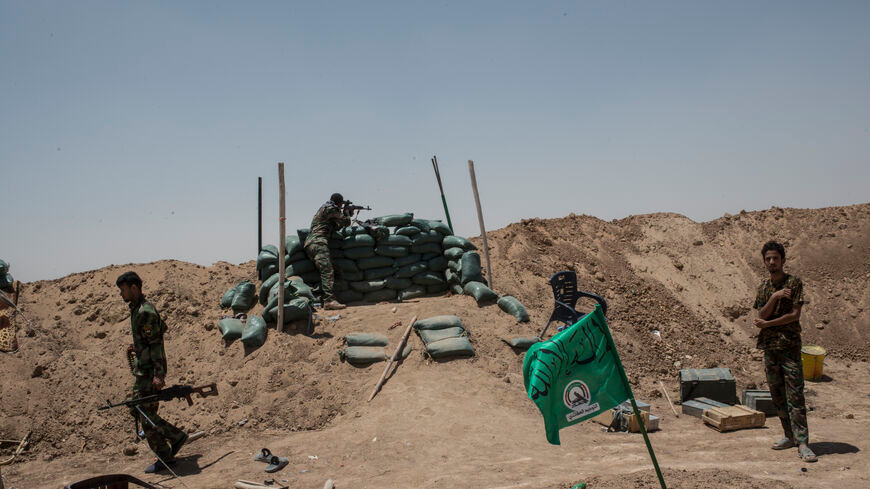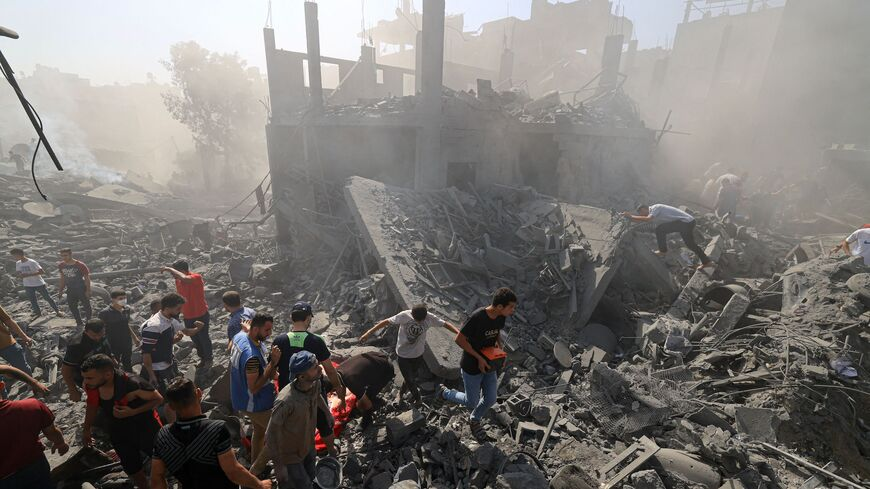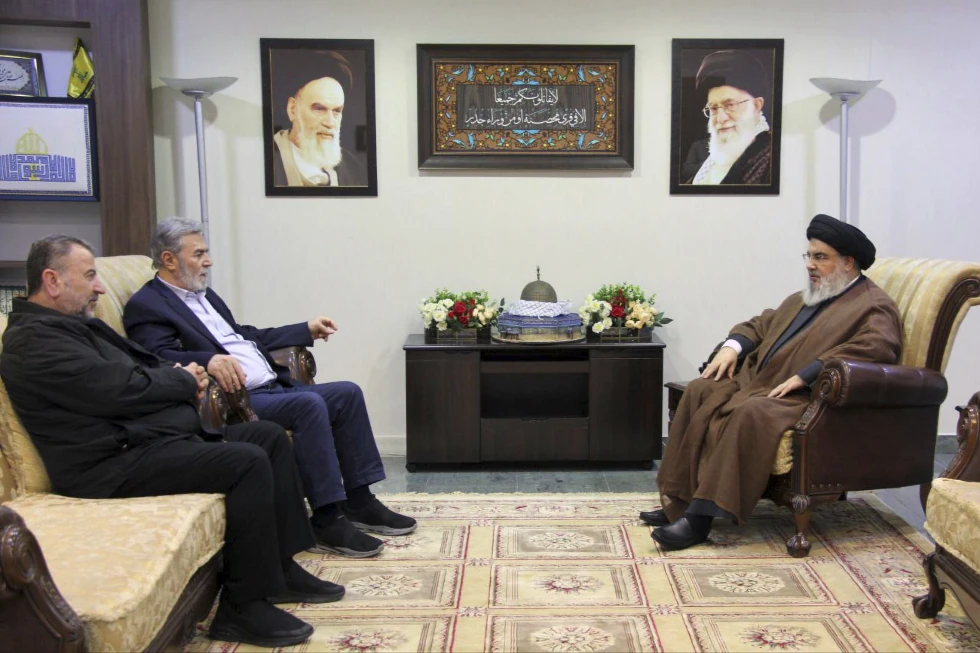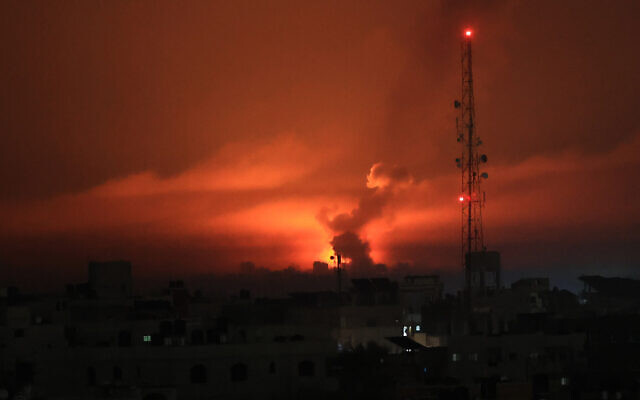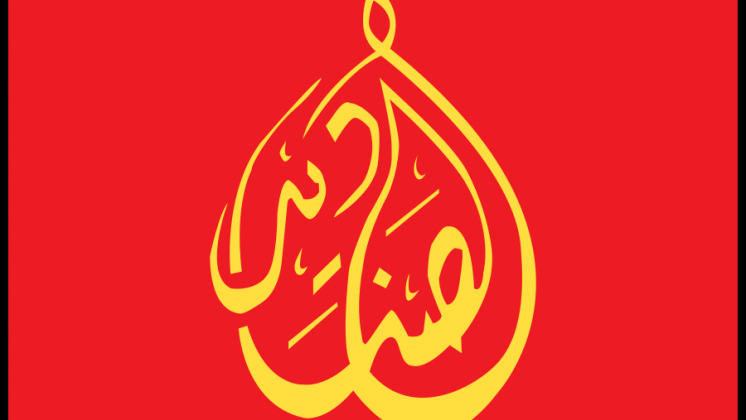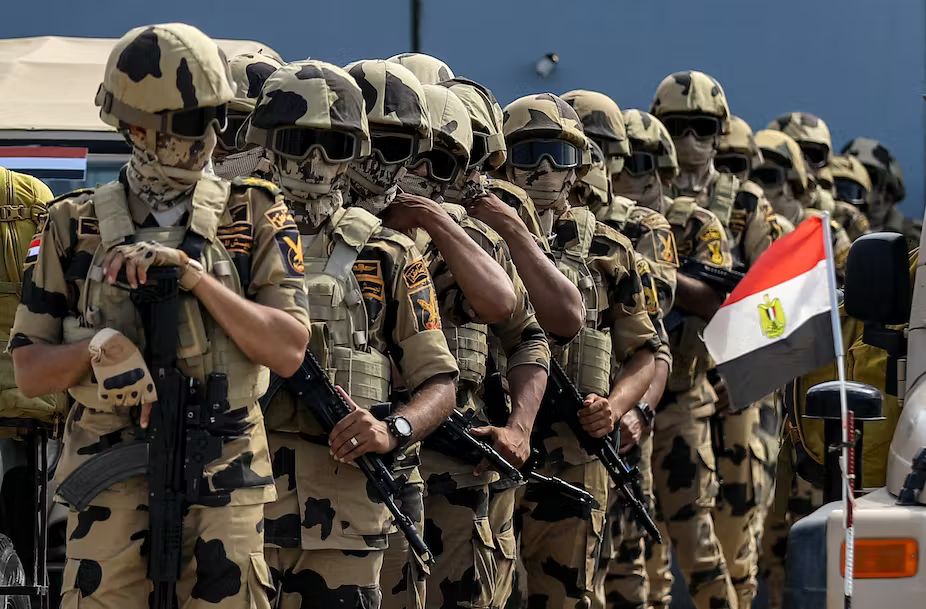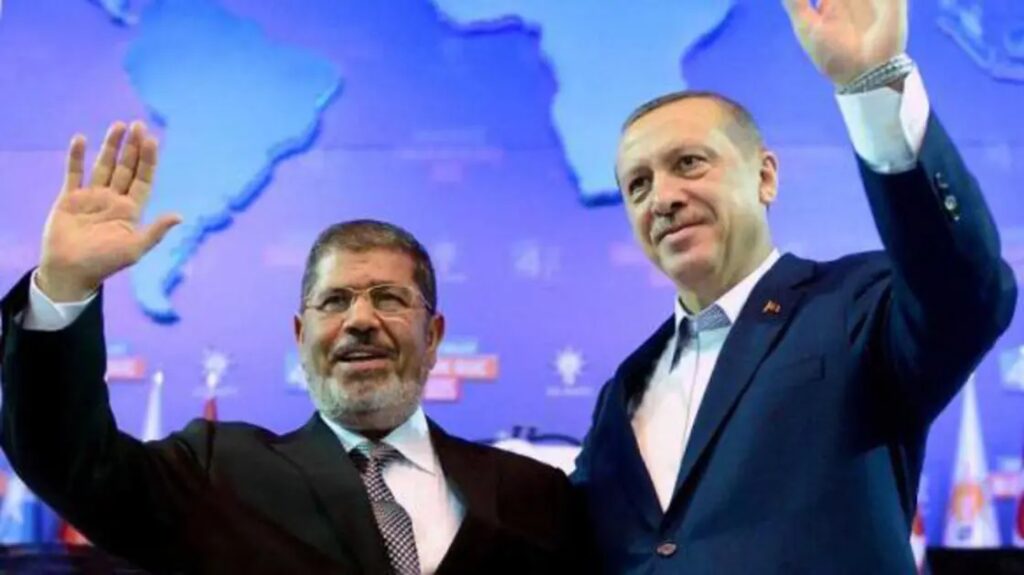Les escalades ne peuvent être stoppées – La Maison-Blanche est ébranlée ; les escalades pourraient toutes fusionner en «une»
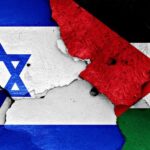
La réalité de la nécessité de la guerre pénètre largement la conscience du monde arabe et islamique.
Tom Friedman a lancé un terrible avertissement dans le New York Times jeudi dernier :
«Je pense que si Israël se précipite maintenant [unilatéralement] à Gaza pour détruire le Hamas, il commettra une grave erreur qui sera dévastatrice pour les intérêts israéliens et américains».

